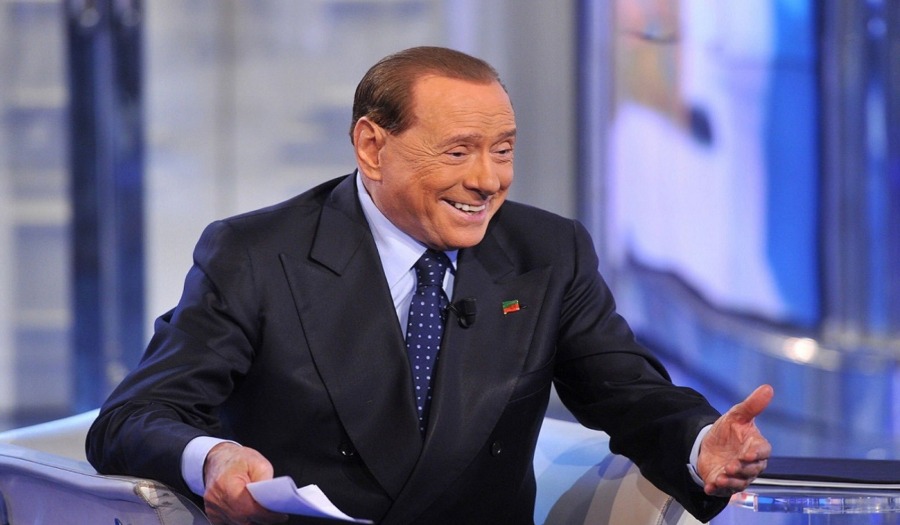Milan’s cathedral will be mournful as Italy bids farewell to its former prime minister, Silvio Berlusconi, in a grand state funeral. With an anticipated crowd of 20,000 gathering outside the sacred walls, the nation reflects on a man’s life who left an indelible mark on Italian politics and society. From his immense wealth to his love for women, Berlusconi’s controversial and right-wing ideology evoked both admiration and scorn. As the country mourns, it contemplates how it will ultimately remember this enigmatic figure.
Berlusconi’s wealth was undoubtedly one of the defining features of his persona. Born in 1936, he built an empire in the media industry, amassing a fortune that made him one of the richest men in Italy. His media conglomerate, Mediaset, dominated the television market, granting him unprecedented influence over public opinion. With this wealth, Berlusconi crafted a larger-than-life image characterized by opulent parties and luxurious lifestyles. However, his financial success also became a source of contention, leading to corruption and tax evasion allegations throughout his political career.
Another aspect of Berlusconi’s public persona was his tumultuous love life. Renowned for his charisma and charm, he became a magnet for scandalous relationships and extramarital affairs. His marriages and divorces captured the attention of the nation and the world. While some saw his love affairs as a reflection of his freedom, others criticized him for his alleged objectification of women and its negative impact on gender equality. Berlusconi’s romantic exploits, combined with his flamboyant lifestyle, became emblematic of a man who relished the spotlight and was unafraid to flaunt his power and desires.
Berlusconi’s political ideology, often described as right-wing, created a polarizing divide among Italians. As the founder and leader of Forza Italia, he advocated for a conservative agenda that championed pro-market reforms, tax cuts, and a strong stance on law and order. His political career, spanning over two decades, included three terms as prime minister and numerous controversies. Critics accused him of promoting policies favouring the wealthy elite, exacerbating socioeconomic disparities within the country. Moreover, his confrontational rhetoric and contentious relationship with the judiciary fueled further debate about the erosion of democratic values and the rule of law.
Despite Berlusconi’s legacy’s controversies and divisive nature, his influence on Italian politics cannot be underestimated. He transformed the political landscape and challenged the traditional left-wing dominance that had prevailed for decades. His charismatic leadership style and ability to connect with ordinary Italians garnered him a loyal support base that valued his promises of economic growth and national pride. For many, Berlusconi represented a break from the political establishment and an opportunity for change.
The nation grapples with defining his legacy as Italy pauses to honour Silvio Berlusconi’s passing. Some will remember him as a shrewd businessman who revitalized Italy’s economy and brought prosperity to the nation. Others will see him as a divisive figure who undermined democratic institutions and perpetuated inequality. For better or worse, Berlusconi’s impact is undeniable, leaving an enduring imprint on the Italian political and social fabric.
In the years to come, historians and political analysts will dissect Berlusconi’s tenure, examining the lasting consequences of his policies and his role in shaping Italy’s modern history. However, regardless of personal opinions, Berlusconi’s passing offers an opportunity for introspection and reflection on the nature of power, wealth, and leadership. Italy, a nation renowned for its passionate debates and diverse opinions, will continue to navigate the legacy of this charismatic and controversial figure.









